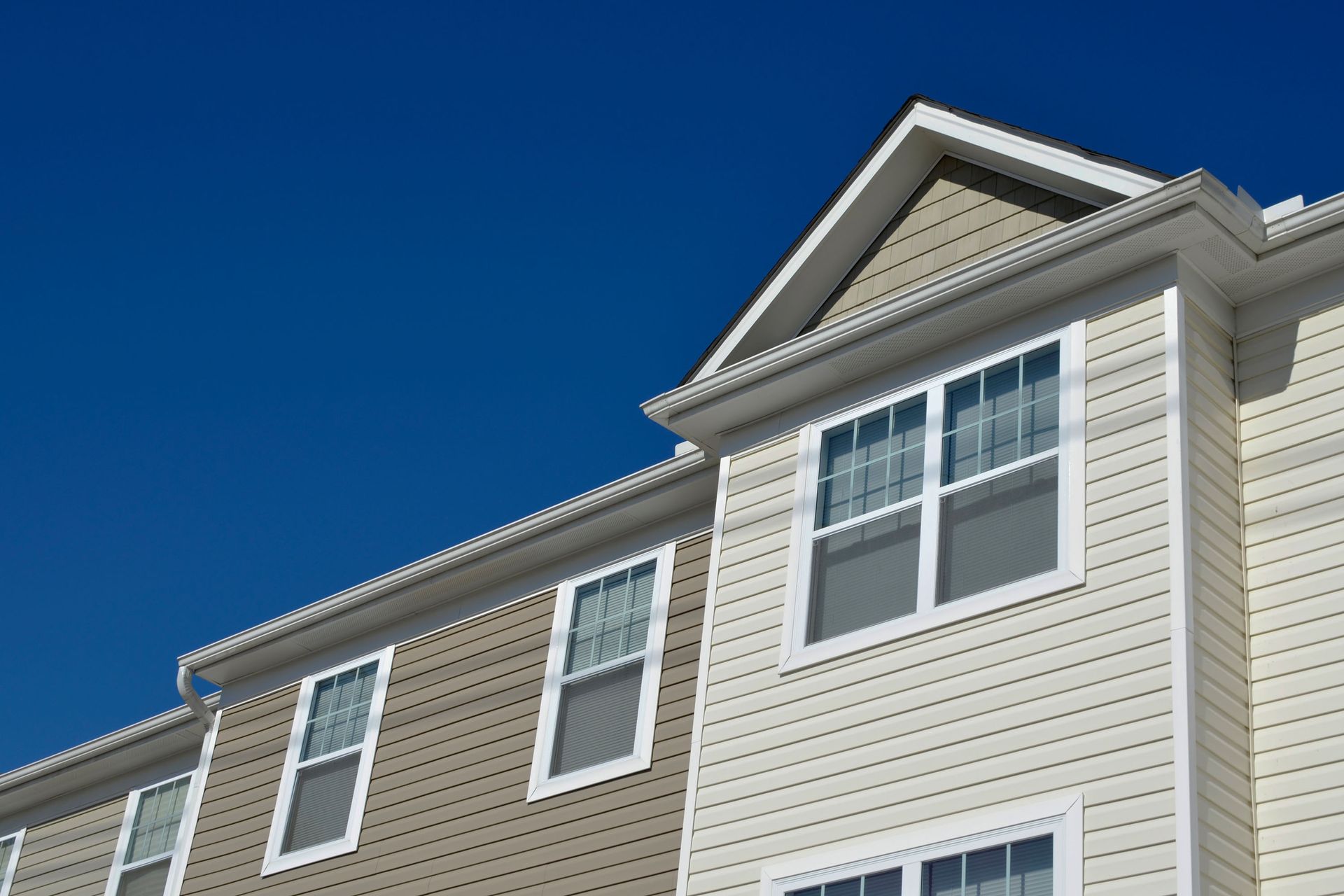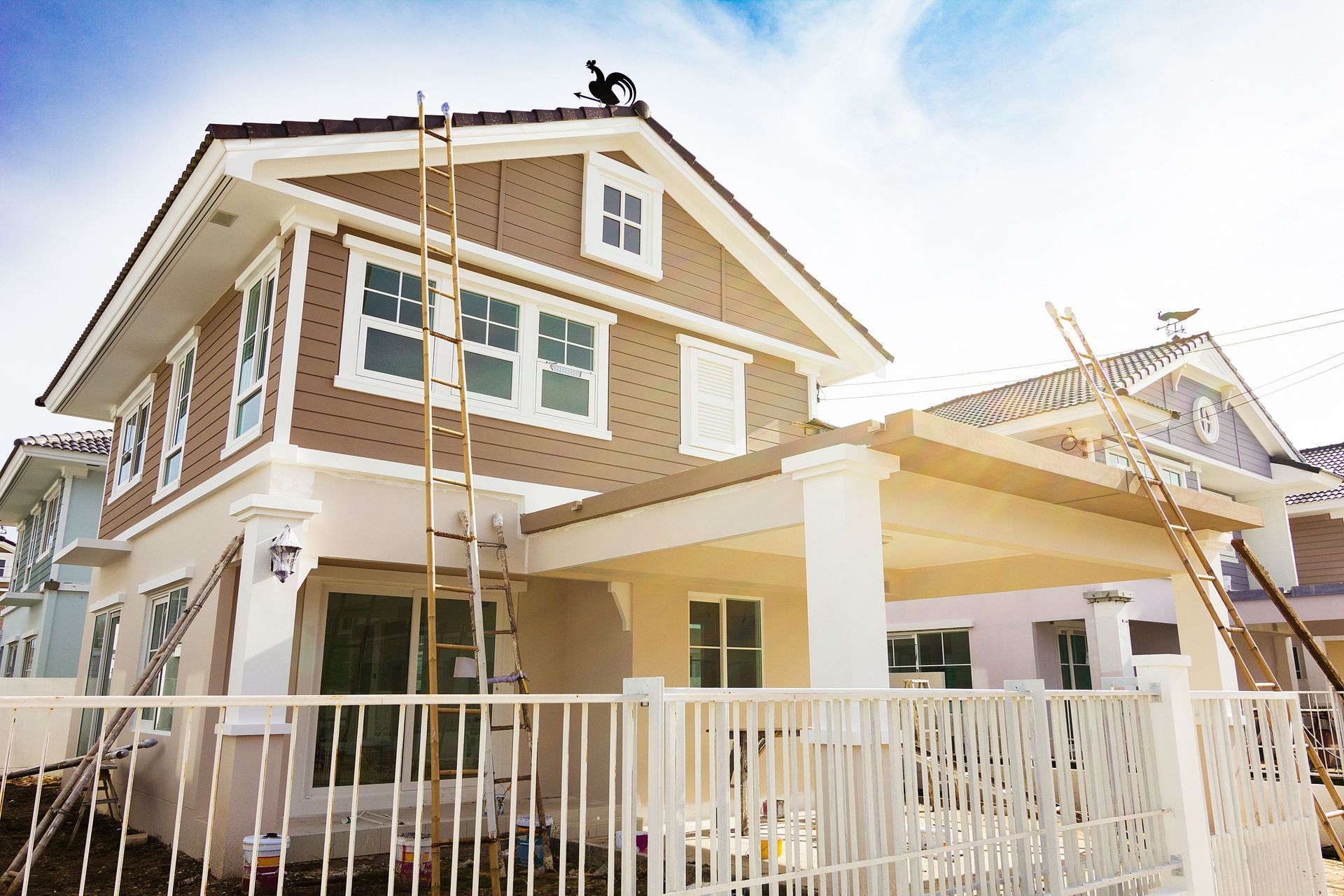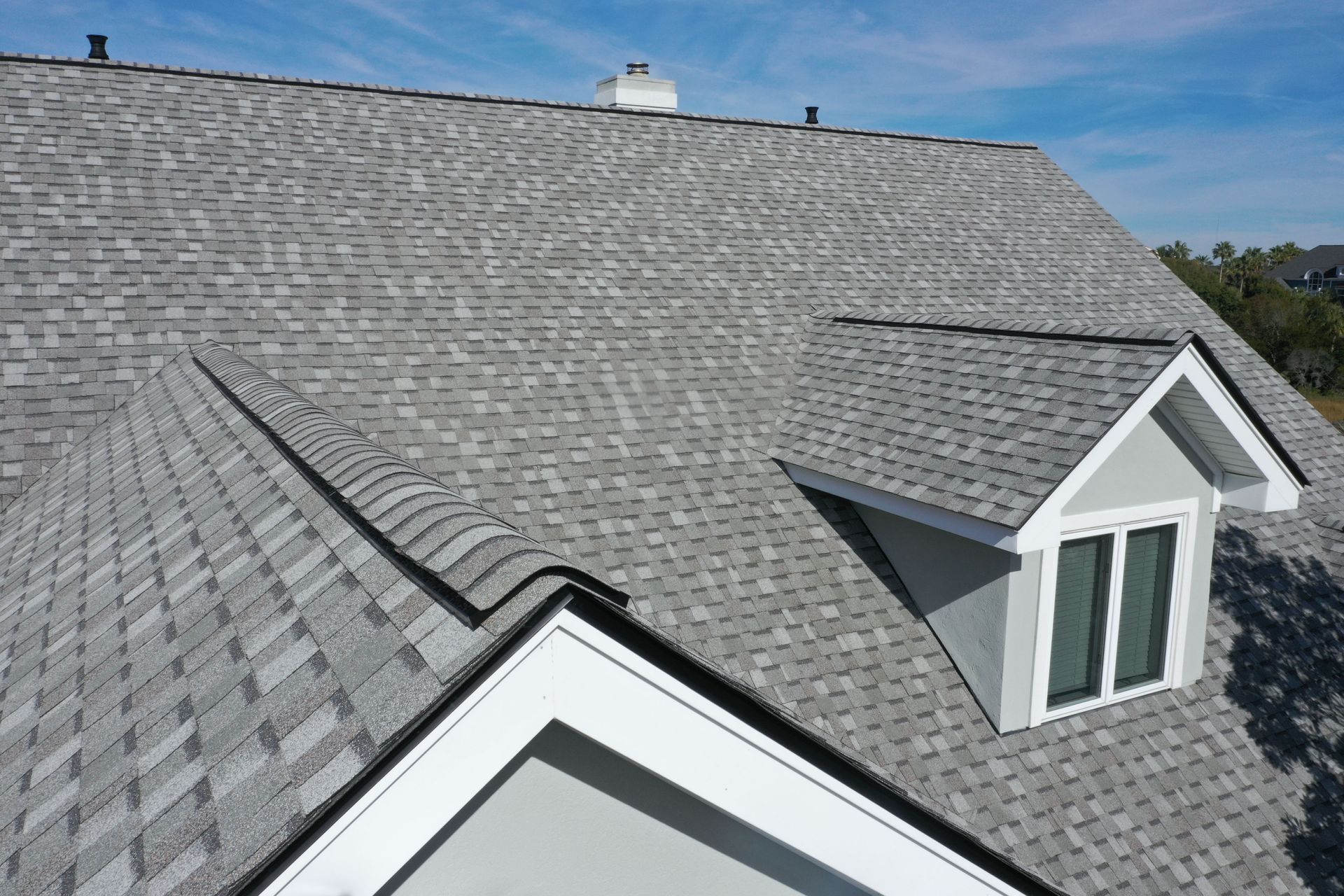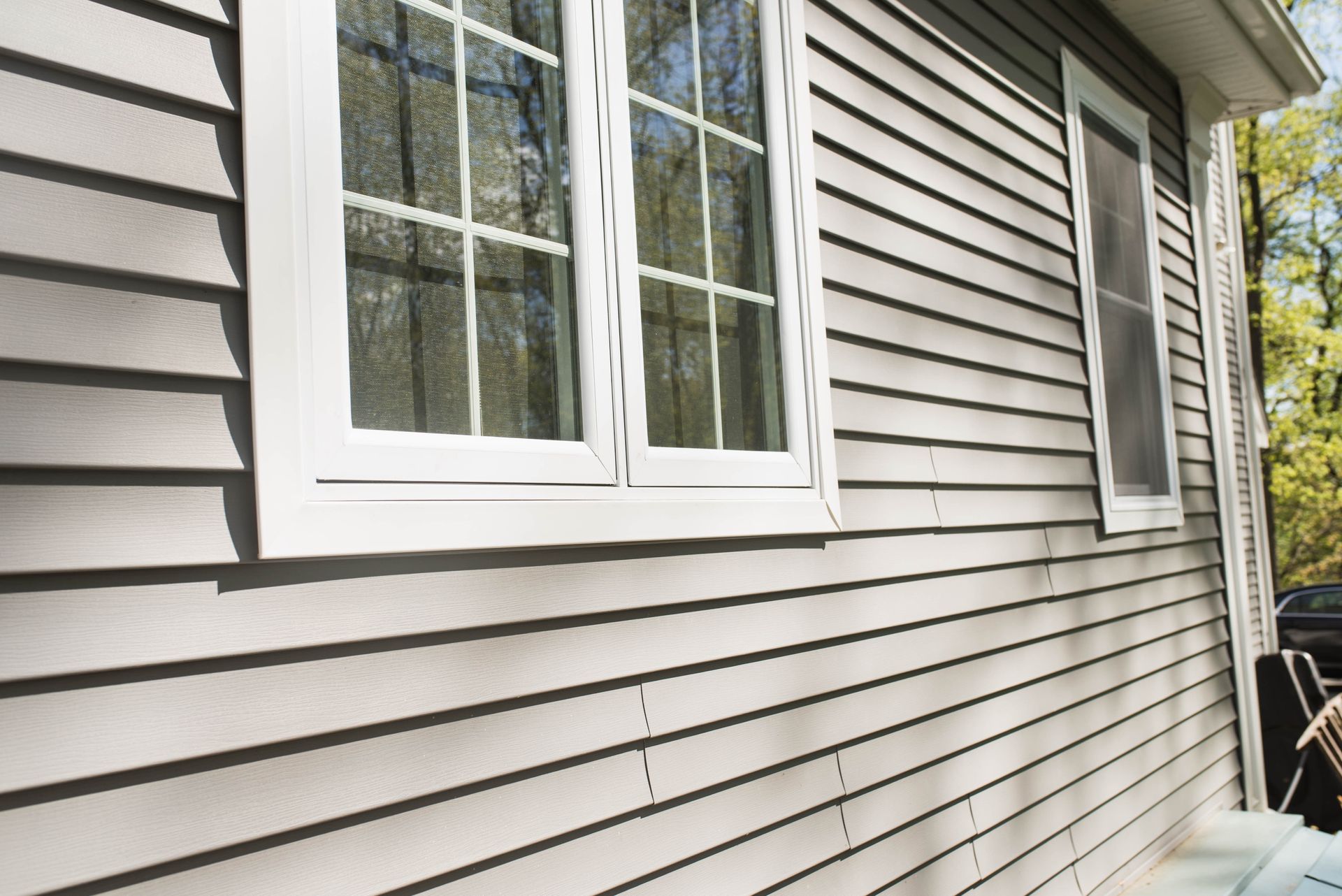How to Choose the Right Siding for Your Home
Choosing the right siding for your home is a critical decision that impacts not only the exterior appearance but also the long-term protection of your property. The right siding can boost curb appeal, increase property value, and reduce maintenance headaches. Homeowners often overlook how the choice of siding affects insulation, weather resistance, and overall longevity, making it essential to carefully consider options before making a purchase.
Working with a reliable siding contractor can simplify the process and ensure you make decisions that balance aesthetics, durability, and cost. From helping you select materials that suit your home’s architecture to providing professional installation services, a siding contractor brings both experience and expertise to the table. Investing time in this process ensures your home remains attractive and well-protected for decades.
Understanding Siding Materials
One of the first steps in choosing the right siding is understanding the types of materials available. Common options include vinyl, wood, fiber cement, and metal. Vinyl siding is popular for its affordability, low maintenance, and wide range of styles, while wood siding is prized for its natural beauty but requires regular upkeep. Fiber cement offers the look of wood without the maintenance, and metal siding, such as aluminum or steel, provides durability and fire resistance. Each material comes with unique benefits and trade-offs, making it important to evaluate which option aligns with your needs and budget.
According to The Spruce, vinyl siding typically lasts between 30 and 40 years, but with proper maintenance, it can exceed 60 years, making it a long-lasting choice for many homeowners. Wood siding offers a timeless, natural aesthetic that many homeowners love, while fiber cement siding combines durability with the ability to mimic other materials. Metal siding provides excellent strength and resistance to the elements, giving homeowners a reliable and modern option. Consulting a siding contractor can help you choose the material that best fits your home’s style, climate, and maintenance preferences, ensuring a well-informed decision.
Evaluating Cost Factors
Cost is a major consideration when selecting siding for your home. Beyond the initial purchase price, homeowners need to account for installation, maintenance, and potential repairs. Vinyl siding tends to be the most budget-friendly option upfront, while fiber cement and wood may carry higher initial costs. Understanding the total cost of ownership, including long-term maintenance, helps homeowners avoid unexpected expenses down the road.
A professional siding contractor can provide accurate estimates for installation and material costs, helping you plan your budget effectively. They can also explain potential cost differences in labor, warranties, and long-term upkeep. Comparing these factors ensures that you choose siding that fits both your aesthetic preferences and financial plan, giving you peace of mind while maximizing the value of your investment.
Considering Climate Impact
Your local climate plays a critical role in siding performance and longevity. Areas with high humidity, heavy rainfall, or frequent temperature fluctuations may require more durable materials, while dry, mild climates can support a wider range of siding types. For example, wood siding may not do well in humid regions, whereas metal or fiber cement siding offers better resilience against moisture and temperature changes.
Discussing climate considerations with a siding contractor is crucial for long-term satisfaction. They can recommend materials that are proven to withstand local weather conditions and provide guidance on protective finishes or installation techniques. Choosing siding suited to your environment reduces maintenance, prevents damage, and ensures your home remains attractive and protected over time.
Assessing Maintenance Requirements
Siding maintenance is a key factor in long-term satisfaction. Vinyl siding is generally low-maintenance, requiring occasional cleaning to remove dirt and mildew. Wood siding, in contrast, needs periodic painting or staining to protect against moisture and pests. Fiber cement siding requires minimal upkeep but may need inspection for cracks over time. Metal siding resists rot but may need touch-ups to prevent corrosion. Understanding these differences helps homeowners choose a material that fits their lifestyle and willingness to maintain it.
A skilled siding contractor can offer a maintenance schedule and tips for keeping your siding in top condition. They can explain which materials are best suited for low-maintenance living and how professional installation contributes to longevity. Taking maintenance into account ensures your siding continues to protect and beautify your home for decades, reducing both effort and costs.
Choosing Aesthetic Appeal
Siding plays a significant role in the overall appearance of your home. Color, texture, and style contribute to curb appeal and can dramatically change the exterior look. For example, vinyl siding offers a wide variety of colors and finishes, while wood siding provides a classic, natural charm. Fiber cement can mimic the look of wood or stone, giving homeowners design flexibility without the high maintenance demands. Selecting siding that complements your home’s architecture enhances value and creates a welcoming exterior.
Consulting a siding contractor can help refine aesthetic choices to ensure your siding matches the home’s style and the surrounding environment. They can provide design ideas, samples, and visualization tools to help you imagine the finished look. Choosing siding with the right aesthetic appeal ensures your home stands out while remaining harmonious with the neighborhood and its surroundings.
Checking Energy Efficiency
Siding can significantly impact your home’s energy efficiency. Insulated siding options can reduce heat loss in winter and keep your home cooler in summer. Properly installed siding also helps prevent drafts and improves overall thermal performance, reducing utility bills and making your home more comfortable year-round.
A knowledgeable siding contractor can recommend energy-efficient materials and explain how installation techniques affect performance. They can also advise on additional insulation or vapor barriers that enhance efficiency. Choosing energy-conscious siding not only lowers energy costs but also contributes to a more sustainable home, making it a smart long-term investment.
Researching Lifespan
Understanding the lifespan of different siding materials is essential when planning a long-term investment in your home. According to The Spruce, vinyl siding typically lasts between 30 and 40 years, but with proper maintenance, it can exceed 60 years, making it a durable choice for many homeowners. Wood siding offers lasting natural beauty, fiber cement provides long-term strength and versatility, and metal siding delivers exceptional resilience and longevity.
A knowledgeable siding contractor can help you understand how each material performs over time in your local climate and with your maintenance routine. They can provide guidance on selecting siding that meets your durability expectations and lifestyle needs. Considering lifespan ensures your siding choice remains effective, attractive, and protective for decades.
Hiring the Right Professional
Choosing a skilled siding contractor is as important as selecting the right material. An experienced professional ensures proper installation, which directly affects the performance, longevity, and aesthetic appeal of your siding. Ask for references, verify licensing, and review past projects to ensure you hire a reliable contractor who meets your standards.
A reputable siding contractor can also provide guidance on material selection, cost estimates, and maintenance tips, making the process less overwhelming. By hiring a professional, homeowners can avoid common pitfalls like improper installation, mismatched materials, or premature wear. Partnering with the right expert ensures your siding investment delivers maximum value and long-lasting protection.
Selecting the right siding for your home involves careful consideration of materials, costs, climate, maintenance, aesthetics, energy efficiency, and professional installation. Each factor plays a crucial role in ensuring your home remains beautiful, protected, and efficient for years to come. Working with a reliable siding contractor streamlines the process, providing expertise and support every step of the way.
Protect your home and enhance its curb appeal by choosing the right siding with guidance from Major Roofing Exteriors & More. Our experienced team ensures your siding is installed efficiently and built to last. Contact us today to schedule a consultation and make your home the envy of the neighborhood.





Share On: